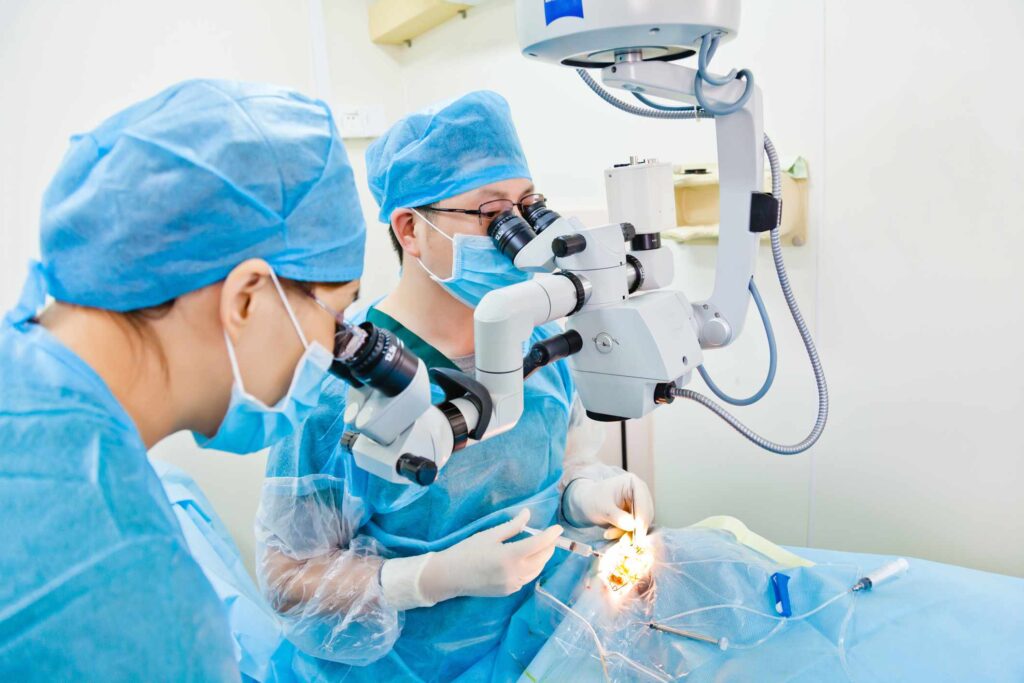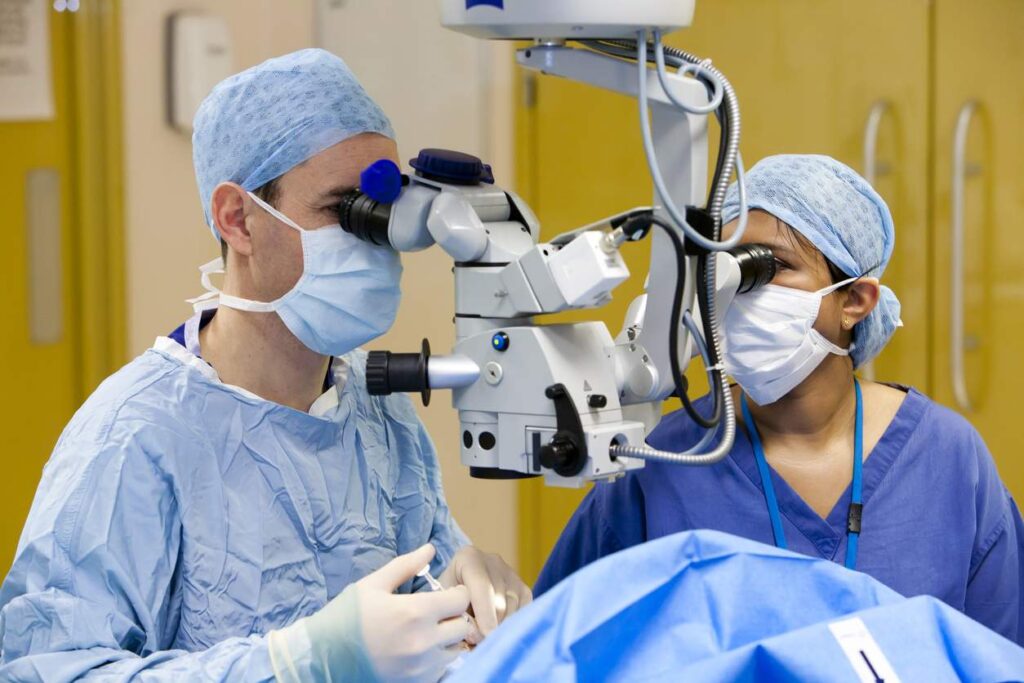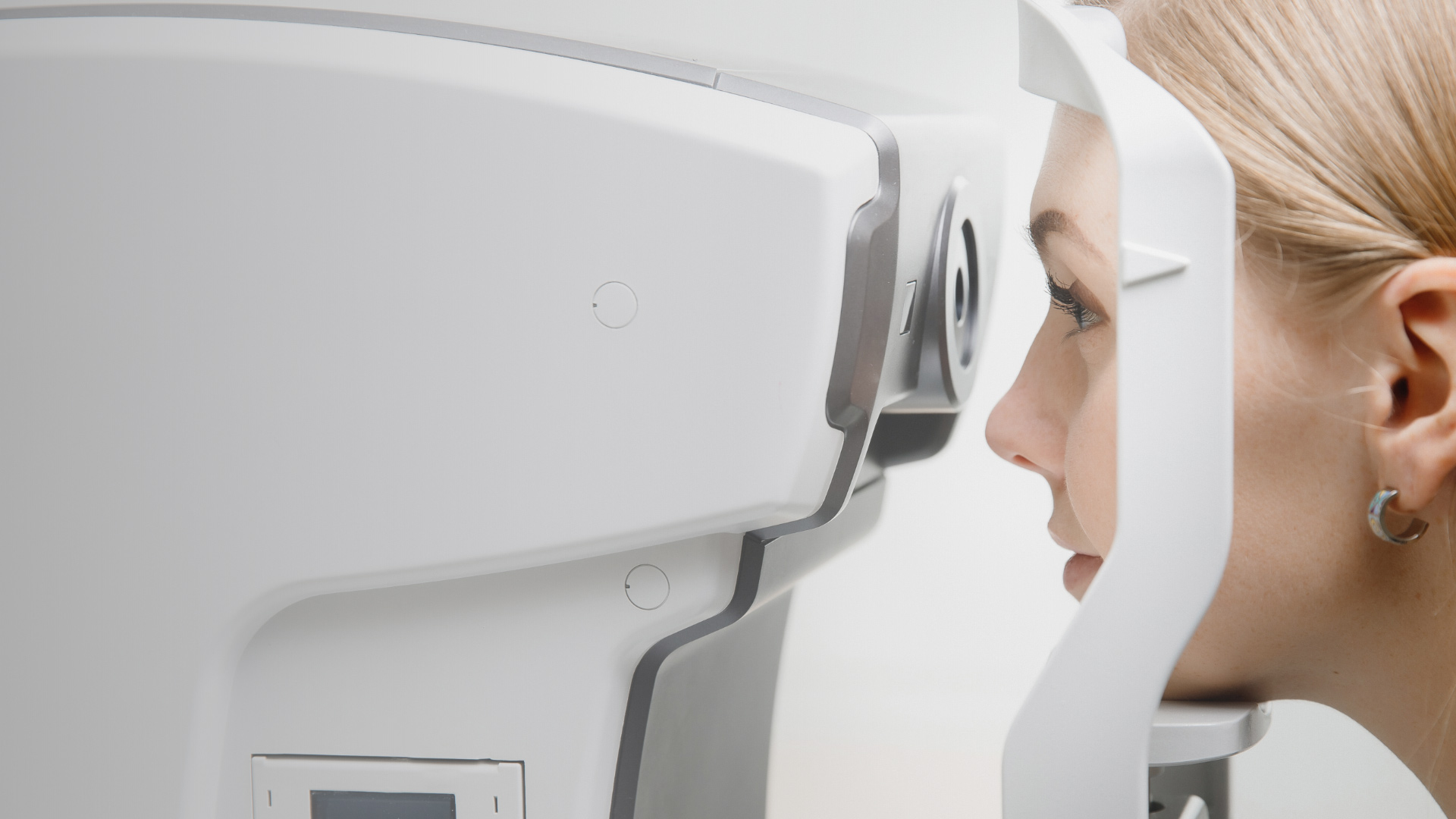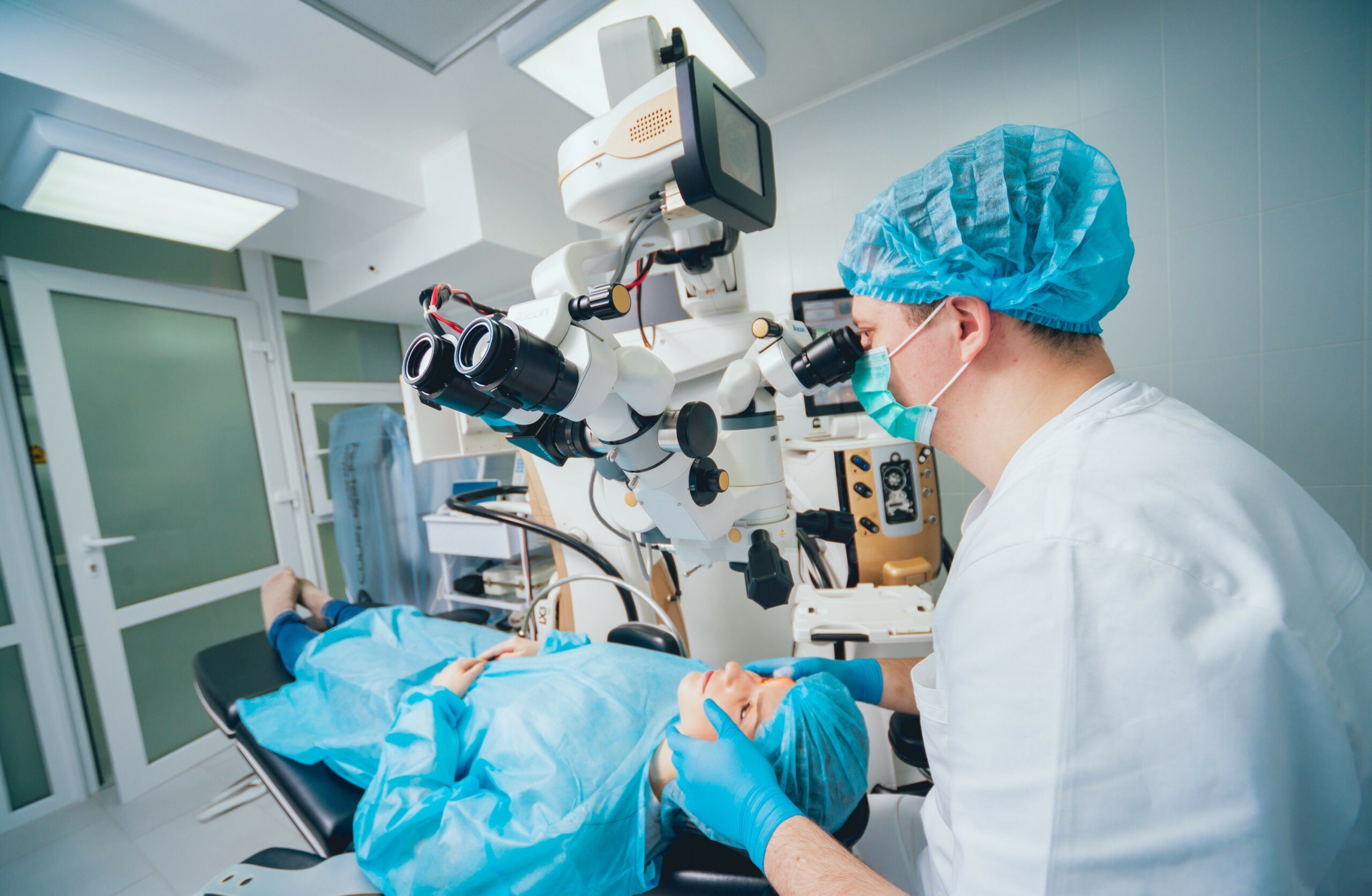There have been several write-ups about cataract surgery. Some writers have cooked up lies online for people to read. One thing I notice about all these several write-ups is that they are, one way or the other, contributing to why people are not rising to do the needful. Imagine someone writing about natural things to do to avoid going for cataract surgery after one has been diagnosed with cataracts.
Don’t allow anyone to trick you with writings only meant to generate leads or traffic on search engines. I have heard someone complaining about how he felt after doing cataract surgery. The fact remains that you will feel somehow. The healing process is step-by-step. Therefore, it is normal for you to feel some pains after the surgery. All I want to tell you here is that there should be no cause for alarm if you see some strange feelings after undergoing cataract surgery. Before we move further, what is a cataract itself? And what does it mean to undergo cataract surgery?

Cataracts occur when there’s a solid or cloudy zone in the eye’s lens. This eye problem regularly begins when the protein in the eye generates clumps that prevent the lens from sending or transporting clear images to the retina. Don’t forget that the work of the retina is to change the light that comes via the lens into signals. Also, the retina leads signals to the optic nerve before the brain receives them. One fearful thing about cataract is that it occurs bit by bit and if one joke with it, it could result in total blindness.
Cataract surgery is eradicating the affected natural lens and replacing it with an artificial one. This surgery is done or carried out by a professional ophthalmologist. I can boldly tell you that everyone that has gone through this process can say something good about it. It is not as scary as it sounds to the ears. In some parts of the world, people get scared whenever they hear “surgery.” You don’t need any flattering words before you believe that the only way to restore one’s vision perfectly is by undergoing cataract surgery. It is the easiest and the safest method of getting one’s eye back to work. Don’t be deceived. People can tell you that all you need is eyeglasses. I am not saying eyeglasses cannot work. But I know that eyeglasses cannot perfectly correct your lens as undergoing this surgery would do.
What are the things to expect after doing cataract surgery?
- Dull pain in the eye: It is normal for you to feel sore pain in the eye after doing cataract surgery. I have seen people going back to the clinic to complain that the pain is still there a day after the surgery. There’s one thing you need to know. Cataract surgery is a gradual process and not magic. Also, it is not a one-time or one-off thing. I said earlier that this surgery is all about breaking the cloudy lens and removing that natural cloudy lens and then replacing it with an artificial one. Therefore, it will take up to five days after the surgery before the sore pain disappears completely. Your surgeon will tell you this if you go to the clinic to complain about some pains a day after the surgery.
- Feel like rubbing your eyes: The next thing you begin to feel after seven days is to rub your eyes with your hand. Please, don’t do it. If you rub your eyes with your hand, you are disrupting the healing process. Also, if you dance to the tune of how you are feeling, you want to create a more severe problem. What am I saying in essence? I am trying to let you know that it is normal for you to feel like rubbing your eyes with your hands. The blending of the artificial lens with the retina will bring the reaction of rubbing your eyes with your hands. So, I urge you to hold on and pay the sacrifice. I know your surgeon will tell you this fact.

- Bleeding: This one is scary, right? Of course, it is. After the surgery, if you’re bleeding, you need to consult your eye doctor as soon as possible. There’s a cause for alarm. You don’t need to joke about this, as this can lead to total blindness. An error might occur during the surgery that can lead to bleeding three days after the surgery. So, please take the necessary action when you see blood gushing out from any part of your eyes.
- Things start to look dim: You can feel that things begin to look dim after the cataract surgery. Remember, I said earlier that it’s a gradual process, not magic. Here, there’s no cause for alarm. What causes that is the part of your eye that holds the artificial lens in place begins to thicken up. This process is called posterior capsule opacification. However, these traces might not occur immediately after the surgery. In fact, it can take up to five to six months after the surgery before you start seeing this. And you know some people can take it as though the cataract is still there. No! Please talk to your eye doctor.
- Increase in eye pressure: If you feel an increase in your eye pressure, you need to visit your eye doctor. Of course, something is wrong somewhere. You don’t need to wait anymore. That’s not a good sign. Therefore, if you notice an increase in your eye pressure after cataract surgery, please don’t joke about it.
Closing thought
The essence of putting this write-up together is to ensure that you are exposed to all you need to know about cataract eye surgery. If you have carefully read through this article, you should notice that this article talks about some usual symptoms that will appear after surgery. Not only that, but this article also talks about some signs after the surgery that one must attend to without wasting time. Dear reader, please feel free to ask questions regarding this topic.



